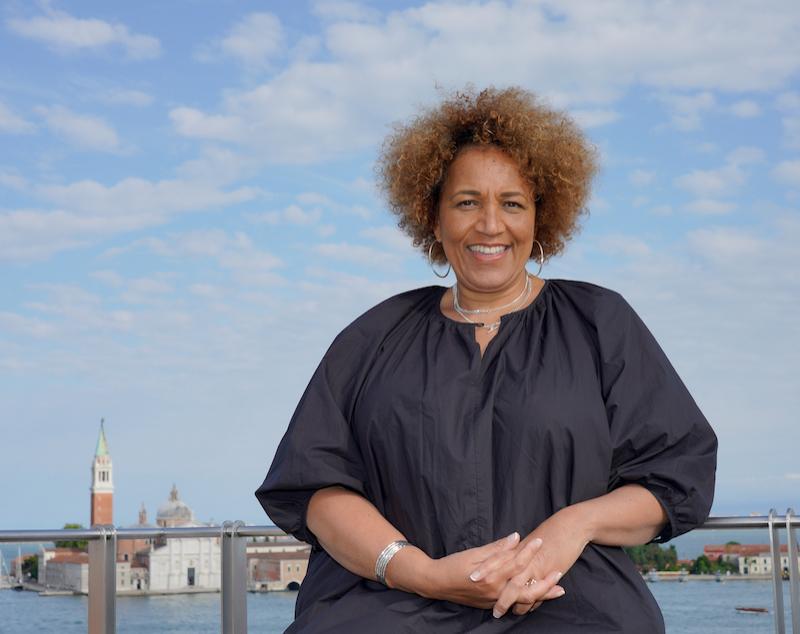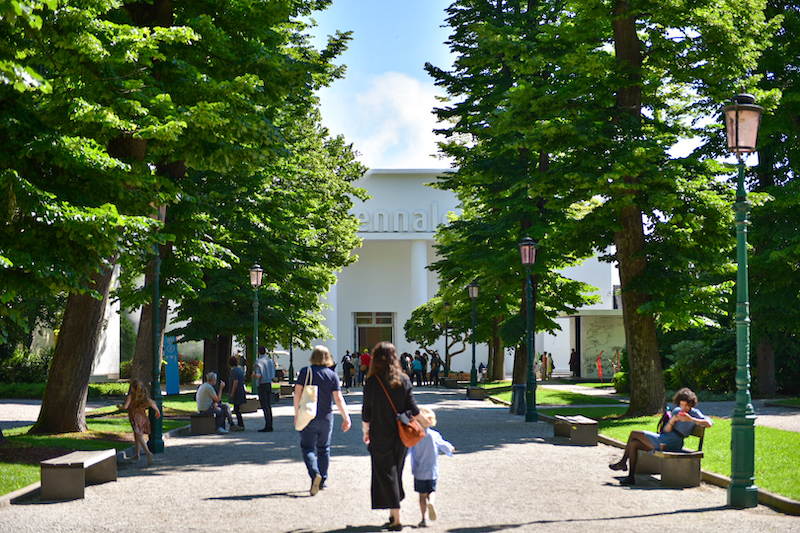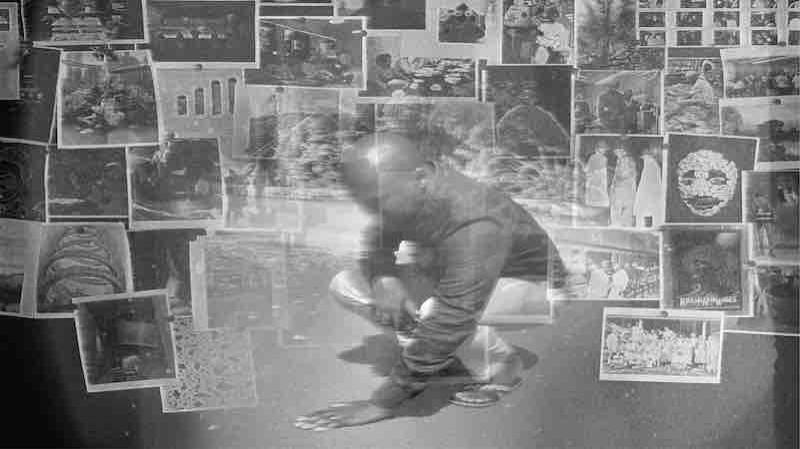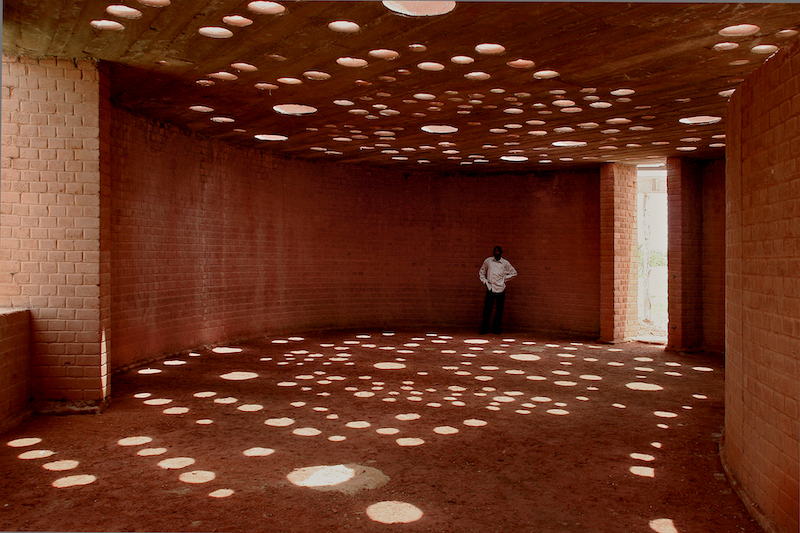The Laboratory of the Future has 89 participants, more than half of whom are from Africa or the African diaspora, with an average age of 43. Conceived by Lesley Lokko, a Scottish-born Ghanaian writer and architect, does not claim to provide hard-and-fast answers, but rather observes the changes taking place with sensitivity and humility. In this interview, Lokko herself talks about her concept of an international architecture exhibition in a world where 'the balance is shifting. Structures are falling apart. The centre no longer holds'.
 How do you think an architecture exhibition, and your Biennale in particular, can be a concrete 'agent' of change?
How do you think an architecture exhibition, and your Biennale in particular, can be a concrete 'agent' of change?
Concrete is a term that makes me think of something fixed or tangible. I don't think change works that way; I think it takes a long time and happens unpredictably.
I'm afraid I can't answer that question now. The Laboratory of the Future is linked to the idea of an observatory: it can signal lines of change, but we will only discover the true consequences of these signals over time.
In your presentation to the press, you often used the word 'we'. Do you think that 'we' is the real key word in a world that is now deeply globalised?
Yes, absolutely, and what is more, the exhibition is really a collective project, the result of long discussions with my curatorial team scattered all over the world. It was clear to me from the outset that this would be a multi-voiced exhibition, with very few decisions made by me alone.
 In the long list of participants in this Biennial, there are no megastars: they are all young studios that are somehow connected to Africa. Do you think that taking part in the Biennale is still an important showcase?
In the long list of participants in this Biennial, there are no megastars: they are all young studios that are somehow connected to Africa. Do you think that taking part in the Biennale is still an important showcase?
I believe it is, especially for this group of architects. In most post-colonial contexts, there is only one 'speaking' voice, one reference point linked to power. The Biennale – which is historically at the centre of power – is now giving a wide range to new voices, and that is very important.
The Special Projects section is very broad thematically: is it correct to read it as a desire to touch every aspect of our reality?
When I thought about the Special Projects categories, I wanted to open a channel in which participants could share ideas and approaches without being in competition. It is this spirit of sharing and inclusion that has led to such a thematically 'broad' section.
 How can Africa be the centre of gravity, a point of stability, in a world that has lost most of the certainties of the last century?
How can Africa be the centre of gravity, a point of stability, in a world that has lost most of the certainties of the last century?
Africa has always had a close relationship with uncertainty. It is used to resisting even in emergencies, and I believe that this is a valuable lesson that the whole world can draw inspiration from at this time.
You spoke of imagination, of imagining a better world: what is the difference between imagining and planning?
That’s a good question. Because of where I come from and how I was brought up, the idea of planning implies a limitation of imagination. But an architect must be able to keep these two impulses of life together and in balance.
When I was little – I'll tell you a story – I used to wake up rather irritable and one day my father asked me why I always came to breakfast in a bad mood. And I replied, “because I can’t think beyond my imagination”.
 In 1954, the architectural historian Sergio Bettini gave a lecture at Palazzo Grassi entitled Idea di Venezia, ‘An Idea of Venice’. According to Bettini, everyone has an idea of Venice – a kind of stereotype constructed through readings, films – that precedes any contact with the city. What was your idea of Venice before you came to know it?
In 1954, the architectural historian Sergio Bettini gave a lecture at Palazzo Grassi entitled Idea di Venezia, ‘An Idea of Venice’. According to Bettini, everyone has an idea of Venice – a kind of stereotype constructed through readings, films – that precedes any contact with the city. What was your idea of Venice before you came to know it?
I had – and I don't really know why – an idea of decadence, of a city in decline. Now I see it differently. I think it is a city that is open and surviving in a very precarious state. It may never return to its golden age, but like Africa, it is capable of coping with difficulties, be they the daily tides or major upheavals on a global scale.
You are also a successful writer: do you still have time to write?
No, but don't tell my agent!
All images: courtesy La Biennale di Venezia
